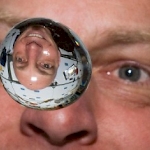
Space Biomedicine
With many distinctive technical challenges to be overcome, the spaceflight paradigm allows numerous psychological and behavioural aspects, as well as biological and physical systems to be examined under unique and unusual circumstances.
1 October 2013
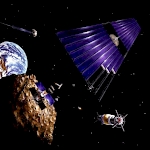
International Cooperation and Competition in Space
International collaboration in space exploration has provided a platform for immense technological innovation and research that has benefited a range of scientific disciplines.
1 October 2013
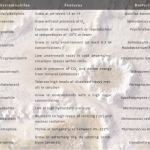
Astrobiology: Searching for Life in Space
The human mind is fascinated by the possibility of other life in the universe. From as early as the fifth century B.C, science fiction and science fact have been intricately linked driving forward innovation and imagination.
1 October 2013

Space Stations
In the near future space stations will not only orbit Earth, but other close planetary bodies such as the moon. These inter-planetary ports will not only be a station for transient passengers, but permanently host communities of both scientists and the support staff such as nurses, barbers and chefs.
1 October 2013
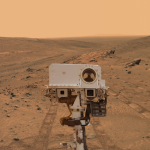
Curiosity Seeks Clues to Past Life on Mars
Well over 3.5 billion years ago when liquid water was present on Mars, it may have harboured primitive microbial-like life. If humans are ever to travel to Mars, the availability of resources will play a crucial part in the planning of such missions.
1 October 2013
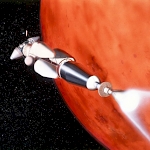
A Revolution in Space Propulsion
A revolution in the way we conduct deep space exploration may soon be upon us thanks to recent advances in lightweight materials, small, inexpensive satellites and a renewed willingness by policy-makers to consider new technologies and approaches.
1 October 2013






